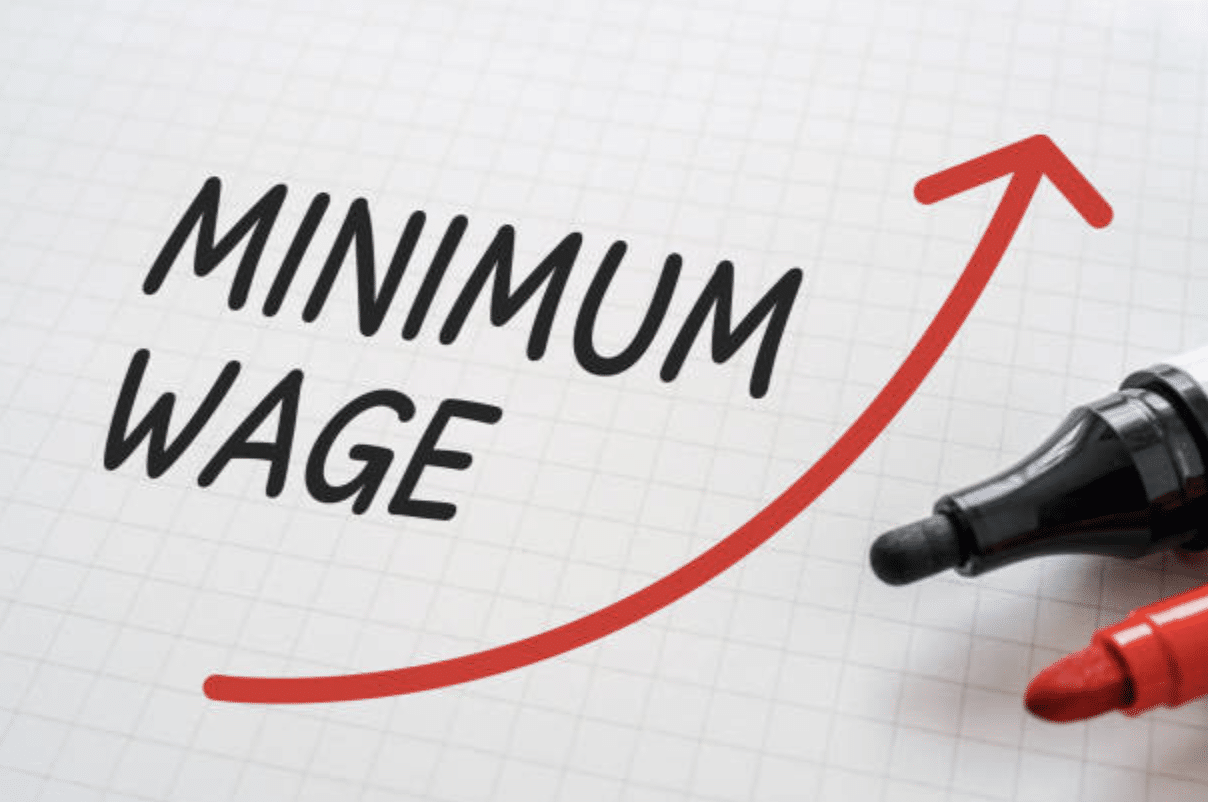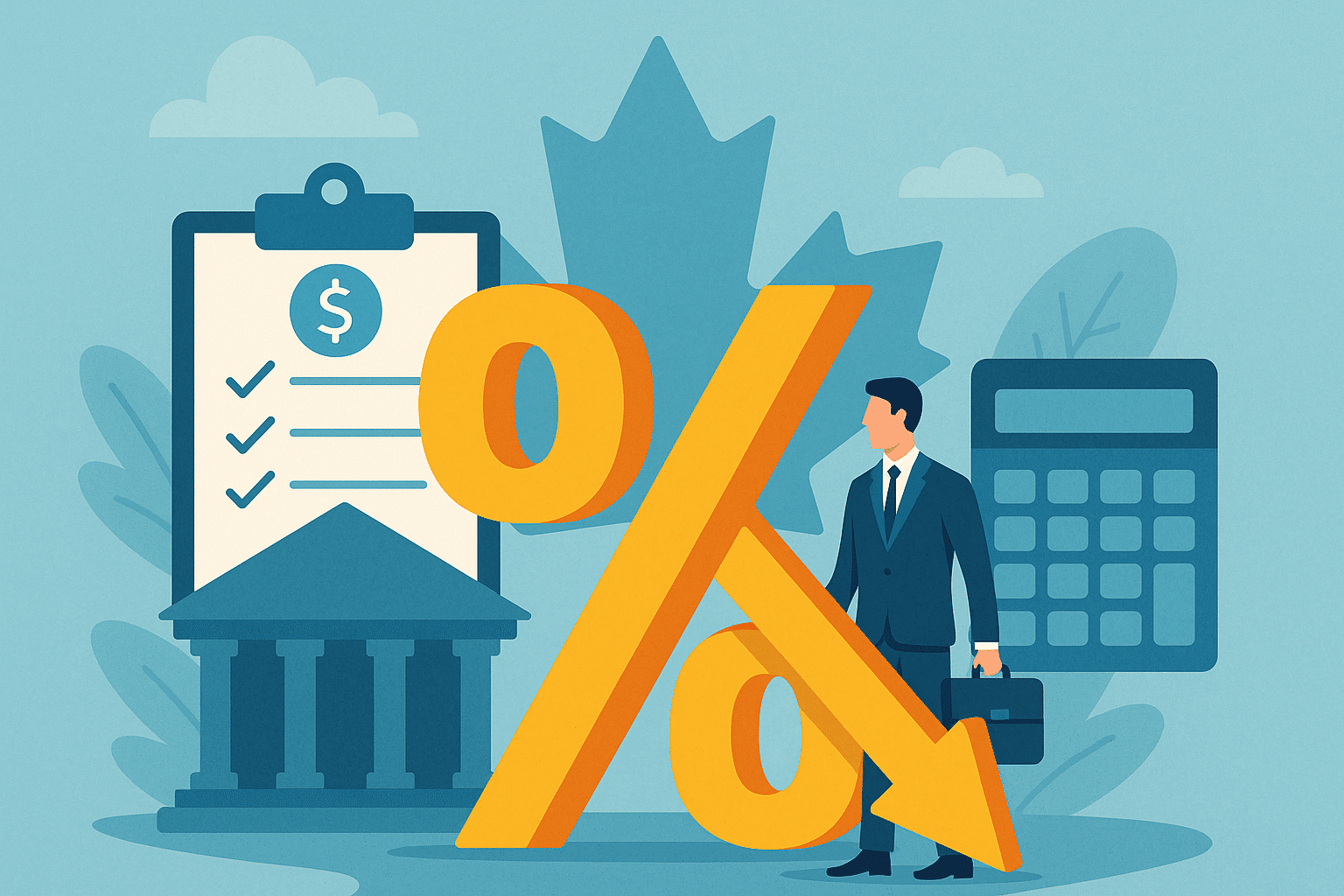Is A Minimum Wage Hike Expected In 2025?
British Columbia’s minimum wage has been increasing steadily over the past few years, and many workers and business owners are wondering if another change is coming in 2025. With the cost of living continuing to rise, minimum wage adjustments are important in terms of fair pay for workers. If you’re an employee looking to understand your earning potential or a business owner planning your payroll budget, you should stay informed about the upcoming changes. The BC government typically reviews wage increases annually, and depending on the current situation, will raise them further.
While official announcements may not have been made yet, there are strong indicators of what could happen in 2025, beyond the planned increase on June 1st. So in this article, we’ll explore whether BC’s minimum wage is set to increase, what past trends suggest, and what it could mean for workers and businesses alike. Let’s go!
What Is the Current Minimum Wage in BC As Of 2025?
As of March 29, 2025, British Columbia’s general minimum wage stands at $17.40 per hour, a rate that has been in effect since June 1, 2024. However, an increase is on the horizon. Starting June 1, 2025, the minimum wage will rise by 2.6% to $17.85 per hour, which aligns with the province’s commitment to adjust wages with current inflation.
Who Does the Minimum Wage Apply To?
Minimum wage laws are designed to make sure that fair compensation is provided to workers, but not everyone is covered under the same rules. In BC, the general minimum wage applies to most employees, including full-time, part-time, and casual workers. However, there are some exceptions and special wage rates for certain jobs.
For example, liquor servers used to have a lower minimum wage, but as of recent changes, they now earn the general minimum wage. Some industries, like agriculture or live-in caregivers, may have different pay structures as seen below:
| Job Category | Special Minimum Wage (CAD) |
| General Minimum Wage | $17.40/hr |
| Liquor Servers | $17.40/hr |
| Live-in Camp Leaders | $125.06/day |
| Live-in Support Workers | $116.68/day |
| Resident Caregivers | $1008.53/month |
Independent contractors and self-employed individuals typically don’t qualify for minimum wage protections since they set their own rates. But federally regulated employees, such as those working in banks or airlines, follow federal labor standards instead.
Is The BC Minimum Wage Expected To Increase In 2025?
Yes! As of June 1st, 2025 BC will increase the minimum wage from $17.40/hr to 17.85/hr. But will we see another increase in 2026? Well, maybe.
The BC government typically announces wage changes in the spring, with increases taking effect on June 1. Businesses should prepare for the possibility of higher labor costs, while workers may see a welcome boost in earnings. However, with economic factors like inflation and affordability concerns, the exact increase remains uncertain. Another potential wage hike could bring both challenges and benefits for businesses and employees across the province.
Is BC’s Minimum Wage Enough to Keep Up with the Cost of Living Amid Inflation?
With inflation driving up the cost of rent, groceries, and daily essentials, many British Columbians are wondering whether the current minimum wage is enough to make ends meet. As of 2024, BC’s minimum wage sits at $17.40 per hour, but in high-cost cities like Vancouver and Victoria, that amount often falls short of what’s needed for a basic standard of living. The living wage, the amount required to cover essentials like housing, food, and transportation, varies across the province, with estimates in major urban areas reaching well above the current minimum wage. Unfortunately, BC is one of the most expensive provinces in Canada.
While annual increases tied to inflation help, some argue they aren’t keeping pace with rising expenses. For many workers, minimum wage jobs still mean struggling to afford rent, save money, or cover unexpected costs. As debates over affordability continue, the question remains: Will future wage increases truly bridge the gap, or will British Columbian workers continue to feel the financial squeeze?
How BC’s Minimum Wage Compares To Other Provinces
BC’s minimum wage is among the highest in Canada, but how does it really compare? As of 2025, BC has one of the best wages in the country but some provinces are still catching up. Ontario, for example, has announced a scheduled increase to $17.20 per hour, while Alberta has remained at $15.00 since 2018. Below is a list of the minimum wage per province or territory:
| Canadian Provinces and Territories | Minimum Wage As Of March 2025 |
|---|---|
| British Columbia | $17.40 per hour (effective June 1, 2024), with an increase to $17.85 per hour scheduled for June 1, 2025. |
| Alberta | $15.00 per hour (effective since June 26, 2019). |
| Saskatchewan | $15.00 per hour (effective October 1, 2024). |
| Manitoba | $15.80 per hour (effective October 1, 2024). |
| Ontario | $17.20 per hour (effective October 1, 2024), with a projected increase to $17.82 per hour on October 1, 2025. |
| Quebec | $15.75 per hour (effective May 1, 2024), with an increase to $16.10 per hour scheduled for May 1, 2025. |
| PEI | $16.00 per hour (effective October 1, 2024). |
| Newfoundland & Labrador | $15.60 per hour (effective April 1, 2024). |
| New Brunswick | $15.30 per hour (effective April 1, 2024). |
| Nova Scotia | $15.20 per hour (effective April 1, 2024), with scheduled increases to $15.70 on April 1, 2025, and $16.50 on October 1, 2025. |
| Yukon | $17.59 per hour (effective April 1, 2024), with an increase to $17.94 per hour scheduled for April 1, 2025. |
| Nunavut | $19.00 per hour (effective January 1, 2024) |
| Northwest Territories | $16.70 per hour (effective September 1, 2024). |
The cost of living in BC, especially in cities like Vancouver, is significantly higher than in other parts of Canada, meaning a higher minimum wage doesn’t necessarily stretch as far. While BC’s minimum wage is competitive on paper, the real question is whether it’s enough to support workers in one of the country’s most expensive provinces.
Conclusion
British Columbia’s minimum wage continues to be a hot topic as workers and businesses navigate the rising cost of living. While the province remains one of the highest-paying in Canada, questions remain about whether annual increases are enough to keep up with inflation, especially in expensive cities like Vancouver. Future adjustments will likely continue to be tied to inflation, but for many workers, the 2.6% increase sure doesn’t guarantee financial security.














